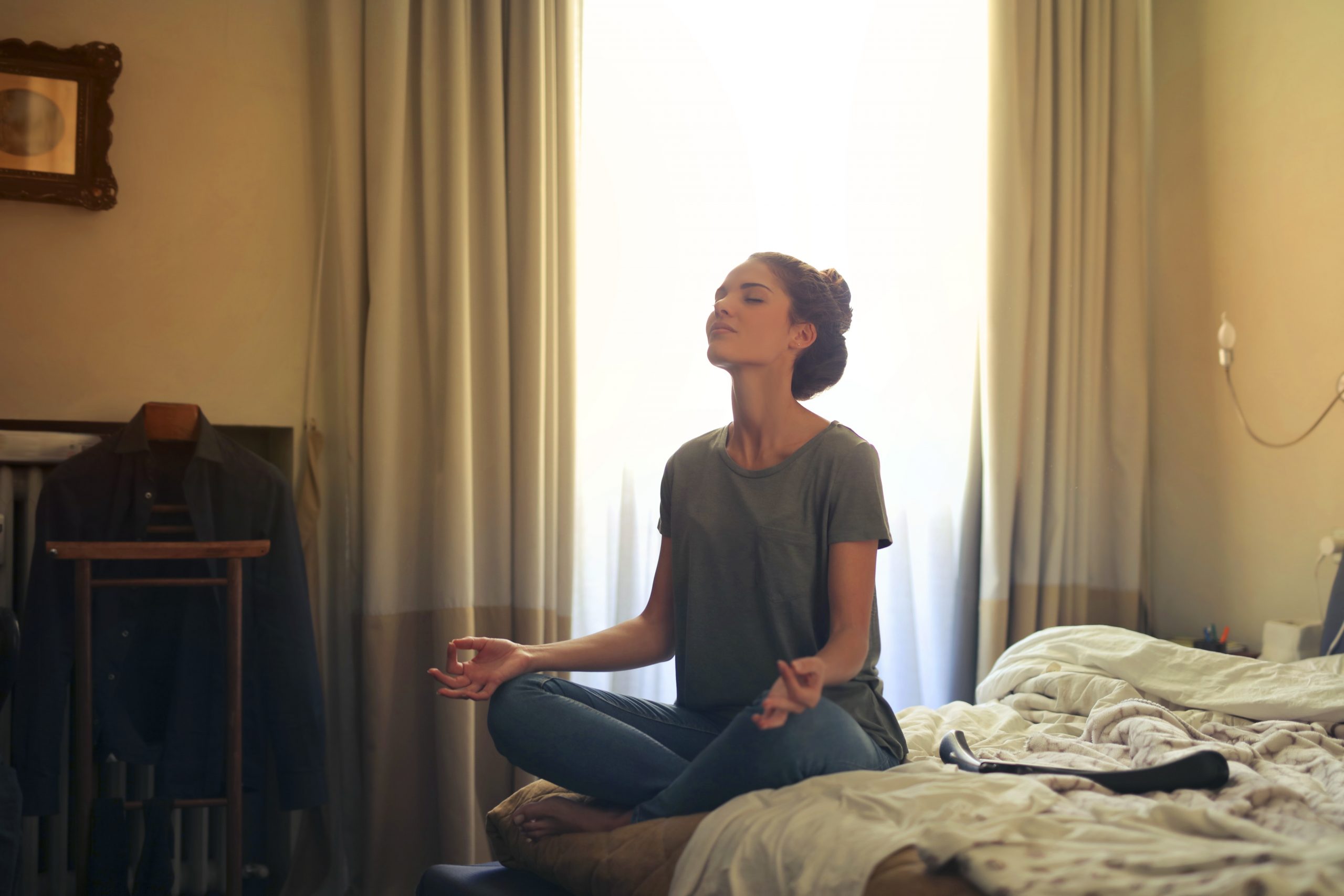During this unprecedented event, we’re all experiencing various levels of uncertainty; unsure of what to do and how to act to feel a sense of “normalcy.” The uncertainty brings up many emotions for people and the depth and wide range of emotions could be unexpected and overwhelming.
As a certified holistic health coach, I would recommend that you practice compassion and understanding with yourself. Give yourself permission to feel whatever you are feeling. There are many factors that are out of our control, perhaps focus on the things you can control. For those of you who may appreciate the extra support, here are some ways you can provide relief to yourself and your family.
Stick
to a routine. Wake up at, or close to, your regular time as if
you were going to campus. Continue the regular self-care routines you normally
do for yourself and your family throughout the day. Try to avoid the temptation
to stay up later than you normally would on a weeknight.
Enjoy nature. Make time to get outside at least once a day and move for at least thirty minutes. This could be a walk, run or whatever form of movement you enjoy. Get out in the sunshine and fresh air. In order to minimize contact with others at this time, try first thing in the morning, or later in the evening, and on less-traveled streets.
Stay
hydrated and eat well. This one may
seem obvious, but, under the circumstances, we may find ourselves
over-indulging, forgetting to eat, avoiding food and drinking too much alcohol. While
we’re on the topic, make sure you’re getting some nourishing food into the mix.
Drink plenty of water. High levels of stress can be dehydrating.
Rely on your support system. Be sure to stay connected to your family,
your friends and your colleagues (and I’m not just referring to the endless
zoom meetings). Whether it’s just to have a conversation, share a drink or have
a formal dinner (yes, we all know of many people that are getting dressed up
and celebrating life occasions, virtually), staying connected to your
communities will be vital during this time.
Listen to your favorite music. Numerous studies have shown that music can lower our heart
rate, lower blood pressure, and decrease the levels of cortisol (stress
hormones). It can also lift our mood, inspire us, and give us hope. So make
music an even bigger part of your life than it normally might be right now. It
can really help!
Take Deep Breaths. Taking deep breaths helps you relax and lowers the harmful effects of
the stress hormone, cortisol, on your body. Deep breathing is
highly beneficial and can be done anywhere, anytime. If you’re looking for a guided breathing exercise, here are a few really effective
approaches.
- “Box” Breathing – Also called square breathing.
- 4-7-8 Breathing – Created by Dr. Andrew Weill, a world-renowned integrative medicine doctor.
- Bellows Breathing – A traditional breathing exercise in yoga that helps to increase Prana or life force in your being. It’s often used to energize the body and clarify the mind.
We also have control over our attitude and where we focus our attention. Minimizing time spent reading or listening to the news and on social media will help reduce stress. It can help you maintain optimism and hope.
Jodi Weisberg works in the Dean’s Office at the Fox School of Business
and is a certified holistic health coach.
Jodi Weisberg, MS, CHHC, AADP. In addition to having a
master’s degree in Human Resources, she is also a board-certified Holistic
Health Coach by the American Association of Drugless Practitioners and provides
coaching, support, and guidance to clients to alleviate symptoms of autoimmune
disease and other chronic health conditions (including stress reduction &
weight loss). Her holistic approach provides clients with a new pathway to
restoring optimal health and the power they have regarding their own body,
wellness and vitality. Jodi can be reached at [click-for-email]

